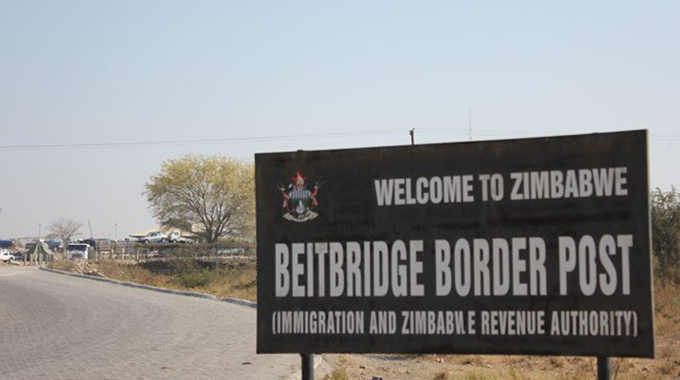Project Crystal to rescue Hippo Valley

Fradreck Gorwe
Zimbabwe Stock Exchange listed sugar producing company – Hippo Valley Estates – is geared to pursue a game-changing turnaround strategy code named “Project Crystal.”
The holding company, Tongaat Hulett, promulgated the strategy meant to reduce costs, increase value and reposition all sub-Saharan operations and bring them back to profitability.
Tongaat Hulett also introduced the proposed turnaround strategy with the ultimate goal to rebuild trust and align operations towards growth following the key findings of the Pricewaterhouse Coopers (PwC) investigation.
PwC was requested to investigate alleged undesirable business practice, accounting shenanigans and other practices and the potential impact they had on the financial statements for 2018 and 2019 year endings.
Over and above, the key findings released on November 29, 2019 reportedly unmasked insufficient internal accountability and flawed governance and financial oversight by certain senior executives.
“As part of the Tongaat Hulett group, the company has embarked on a turnaround strategy code named Project Crystal, focusing on three main areas of right-sizing and fixing the business fundamentals, leveraging the value chain and creating a platform for long-term growth,” said Hippo Valley chief executive officer, Aiden Mhere, in a statement accompanying financial results for the year ended March 31, 2019.
As part of right-sizing operations, the holding Tongaat Hulett’s Project Crystal proposed among other things the reduction of costs as well as enhancement of the manning system, other than retrenchment.
Said Mr Mhere; “We brace ourselves for what will certainly be a difficult journey ahead, that will require significant focus, stamina and resilience from all of us, and the ongoing support from our stakeholders as we work on rebuilding our trust.
“Cost reduction remains critical to ensure the sustainability of the company. An unavoidable part of this is right-sizing the different businesses. Notwithstanding this imperative, the company views retrenchment of employees as a last resort.”
Despite the opportune Project Crystal, Hippo Valley banks on the government’s Transitional Stabilisation initiatives for enhanced production capacity, the reason for which the Kilimanjaro Project is currently underway.
“While the recent surge in inflation, leading to the re-emergence of a hyper-inflationary economy is cause for concern, the company remains optimistic that the transitional stabilisation initiatives by the government will yield positive results in restoring the economic fundamentals. As such, the industry will continue to expand its sugar cane production and supply to the sugar mills, aimed at utilising available total milling capacity.
“Of note, under this initiative is the Kilimanjaro Project, where a total of 4 000 hectares is targeted to be developed and work is already underway,” said Mr Mhere.
Meanwhile, Hippo Valley posted financial positives for the year ended March 31, 2019 with revenue having gone 54 percent up to $244,9 million from $159 million in 2018.
This was attributable to a 26 percent increase in sugar production and favourable sugar price adjustments in the local market on the back of “cost push inflation experienced post October 2018.”
Revenue growth drove operating profit up from $11, 1 million in 2018 to $113,6 million. Cash generated from operations rose to $37,2 million from $16,6 million with working capital having declined by $16,1 million as juxtaposed to a $13 million increase in prior year comparative.
Operations indicated a growth trajectory with a total of 1 862 000 tonnes of cane having been crushed during the season compared to 1534 000 tonnes in 2018.
Of the amount, company cane amounted to 1 068 000 tonnes compared to 875 000 tonnes in prior year. About 730 000 tonnes were delivered by private farmers compared to 659 000 delivered in 2018 comparative period.
Green fuel and Triangle delivered 35 000 tonnes and 29 000 tonnes respectively.
Sugar produced during the period increased by 21 percent to 239 000 tonnes from 197 000 tonnes produced in prior year, reportedly on the back of improved cane yields.
A total of 1 670 hectares were replanted for period under review compared to 2 841 hectares in 2018, as the company sought to “restore cane yields to optimal levels in the shortest time possible.”











Comments